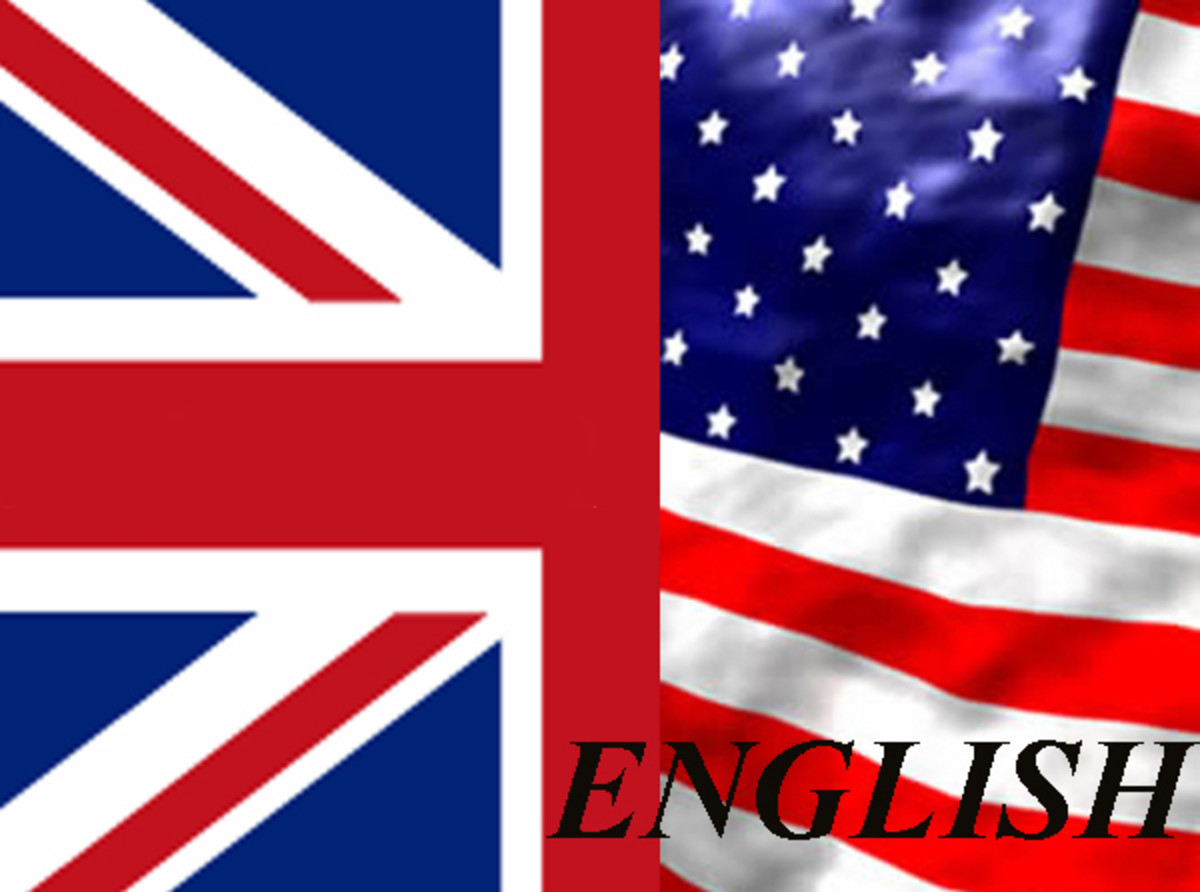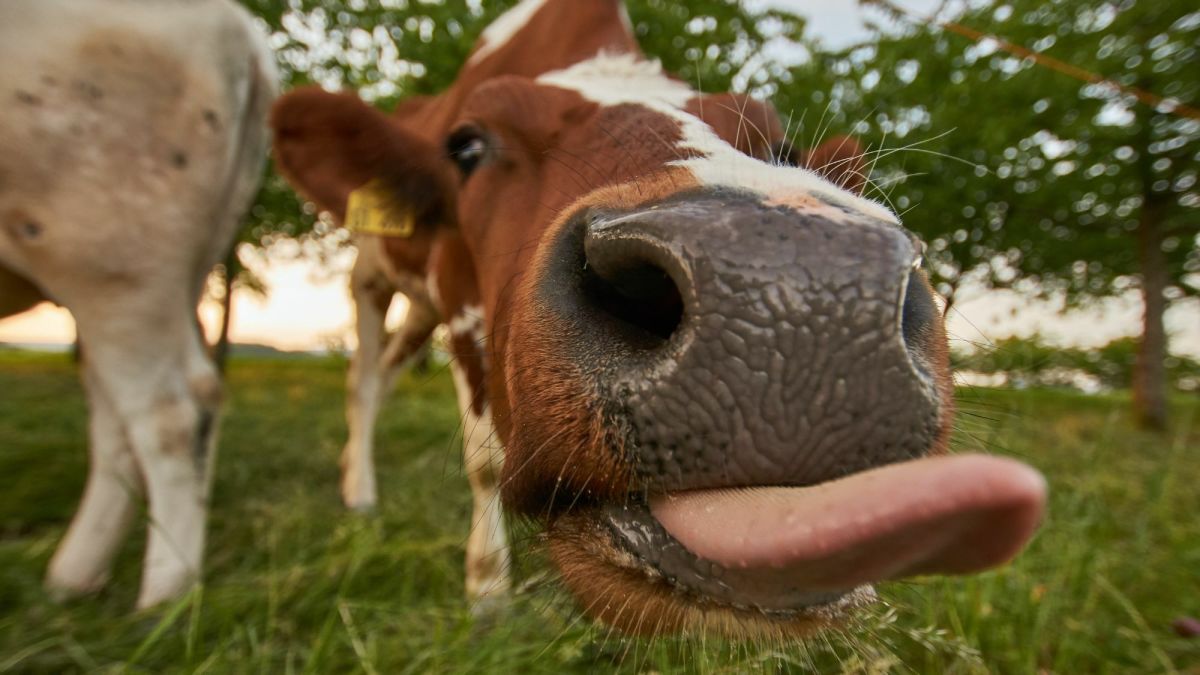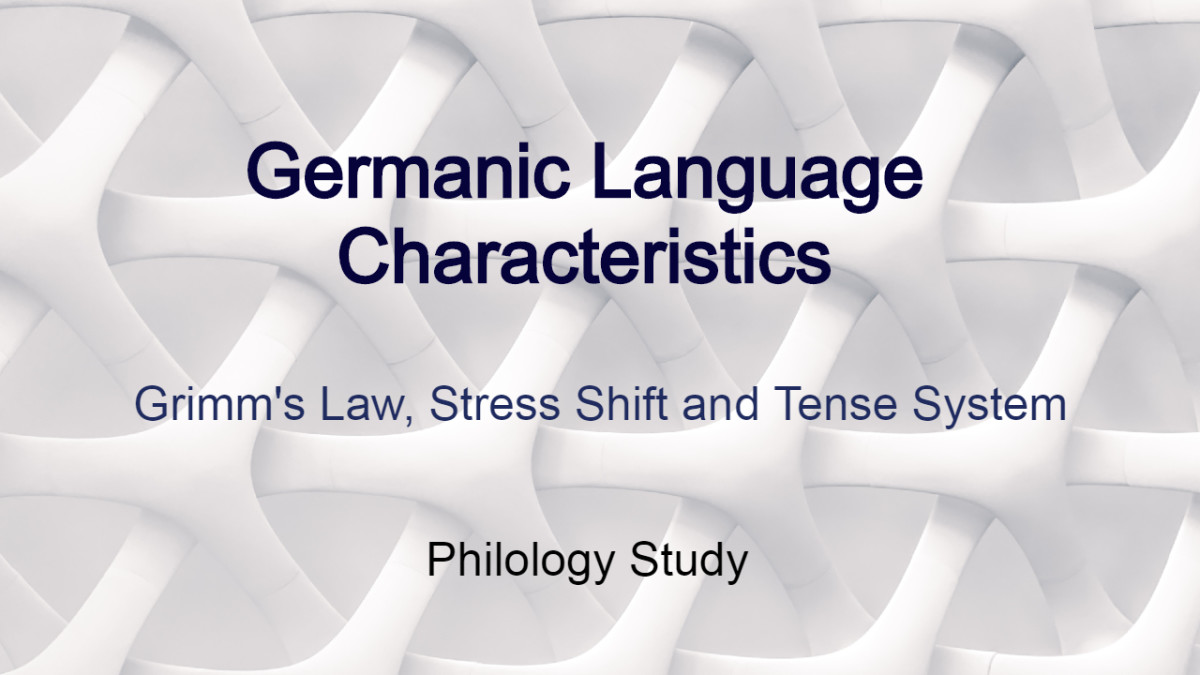English Rule: I before E except after C

Looking back over my education I realise that there are many things taught in schools that are either flat-out wrong or overly simplified so that the youngsters being taught might have a chance of grasping them. I remember as a young boy in school being taught this spelling-related rule of thumb around the time I was 8 years old. The rule "I before E, except after C" is well known, so much so it's often the only spelling rule we actually remember as we get older. However it turns out that there are a great deal of exceptions to this rule. Perhaps as an 8 year-old my vocabulary was limited to such an extent that it actually worked for most of the words I knew, although I'm sure I knew the word "weird" even back then.
In fact, the rule is meant to only apply when the ie or ei of a word is pronunced as a clear long e (/ee/) sound, as in receive, conceive or deceive, but there are even exceptions here. Words that are inflections of words ending with cy, as in fancy -> fancied or policy -> policies, break the rule despite having a clear /ee/ sound. The same can be said for words that have a root ending of c or ce and a suffix of ier or iety, such as in financier or society. The word species also flat-out breaks the rule.
Ignoring whether or not the word has an /ee/ sound, there are apparently 923 words in the English language that contain cie, and only about 44 that contain cei. The amount of exceptions to this rule of thumb has caused it to be dropped from the school syllabus in many countries, which is good but unfortunately for me it comes a little late as I still instinctively rattle off the saying in my head whenever I can't work out if to spell a word with ie or ei.








